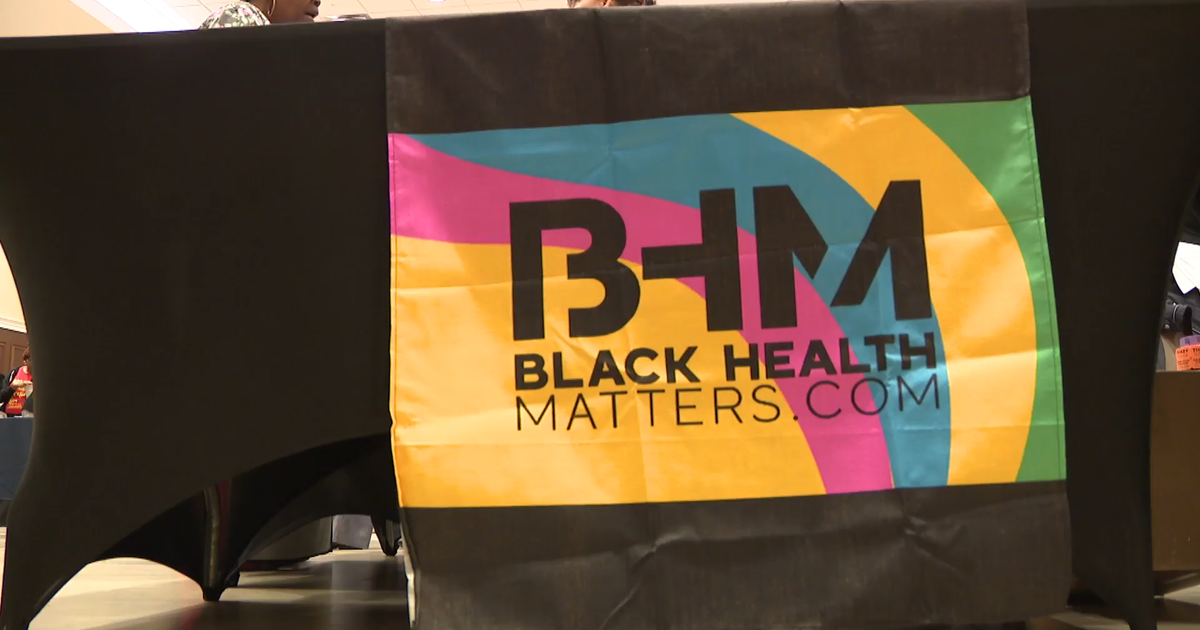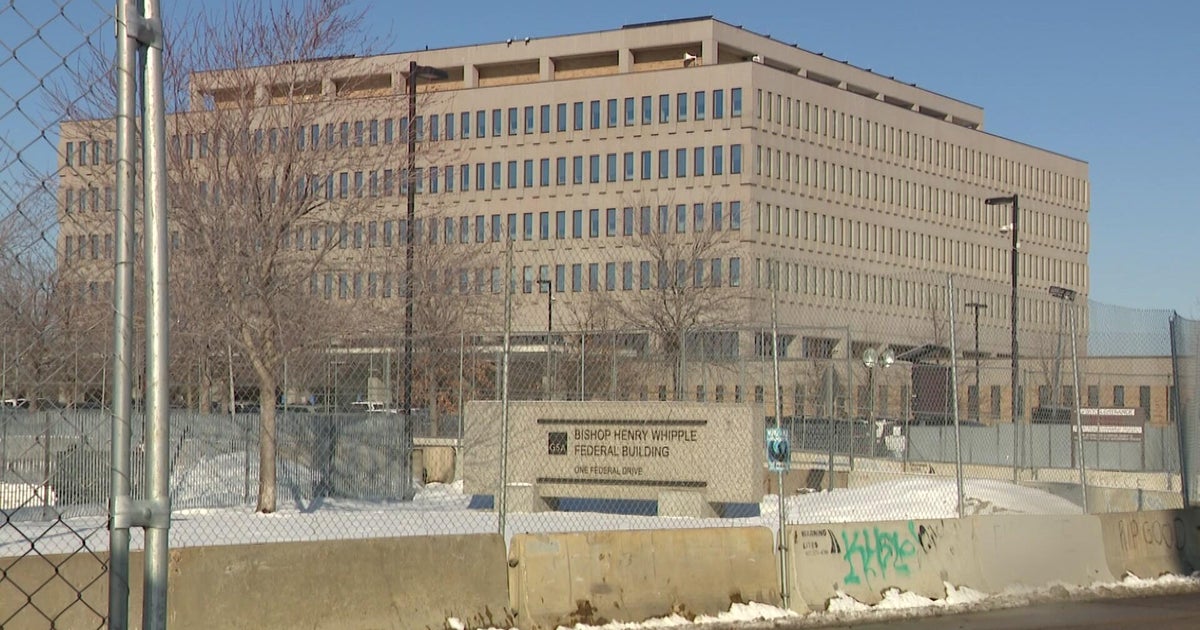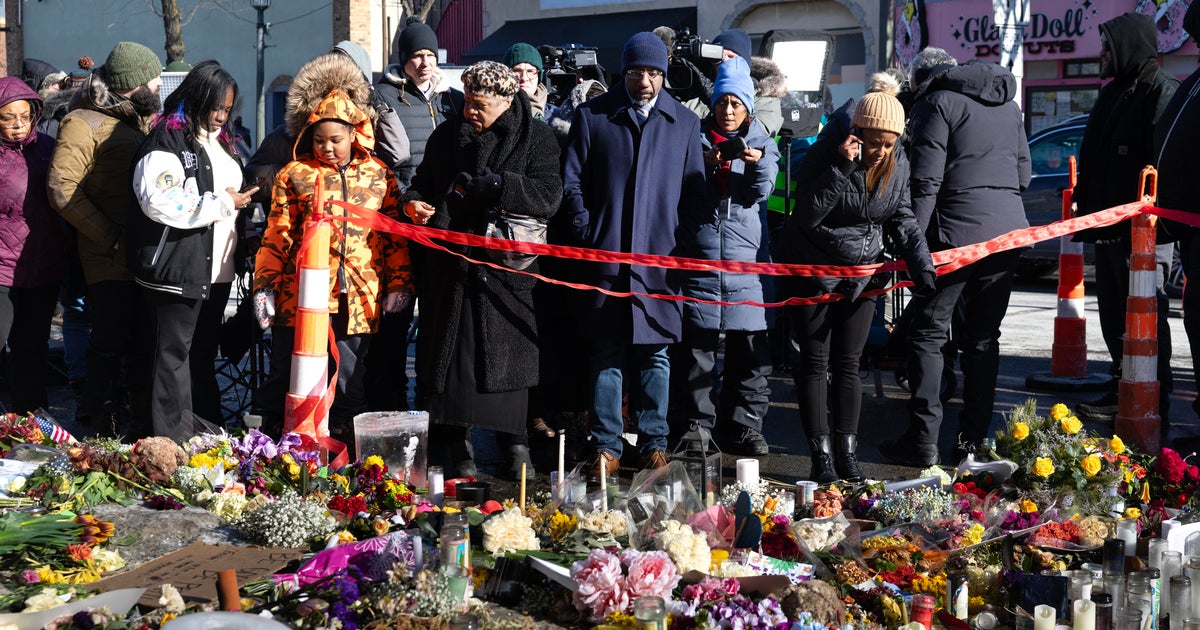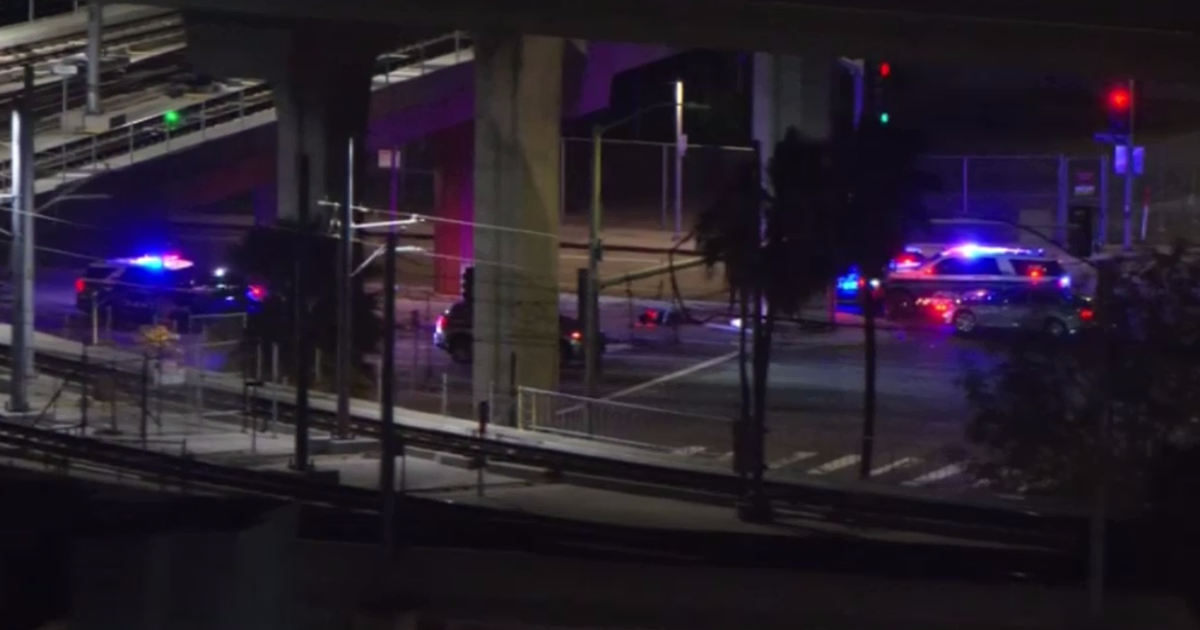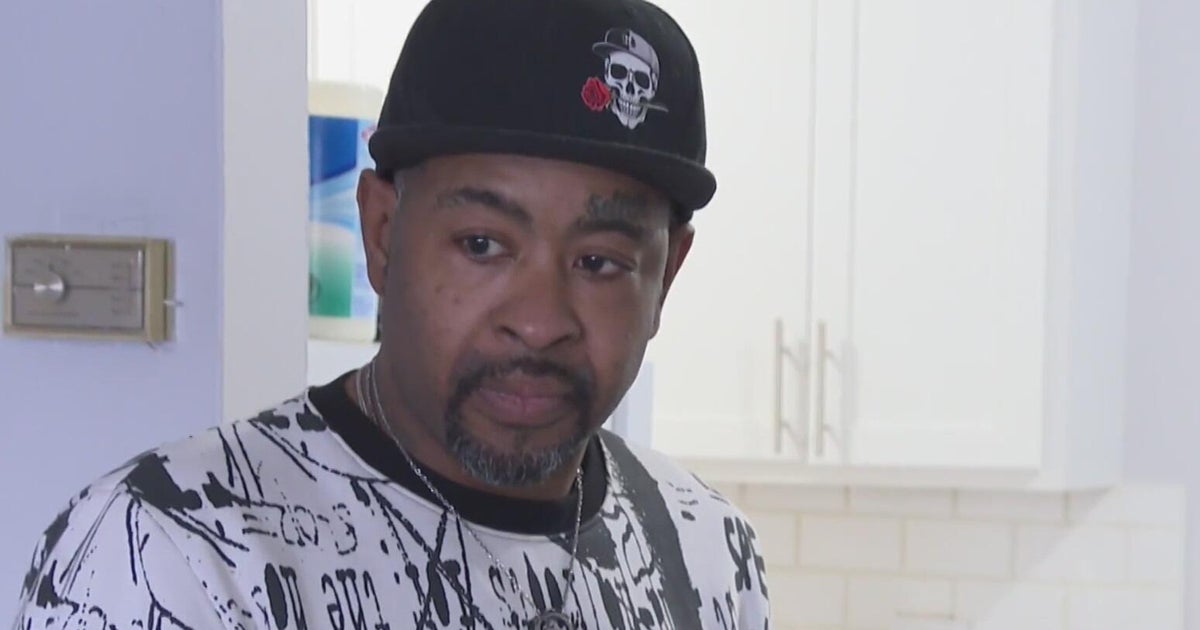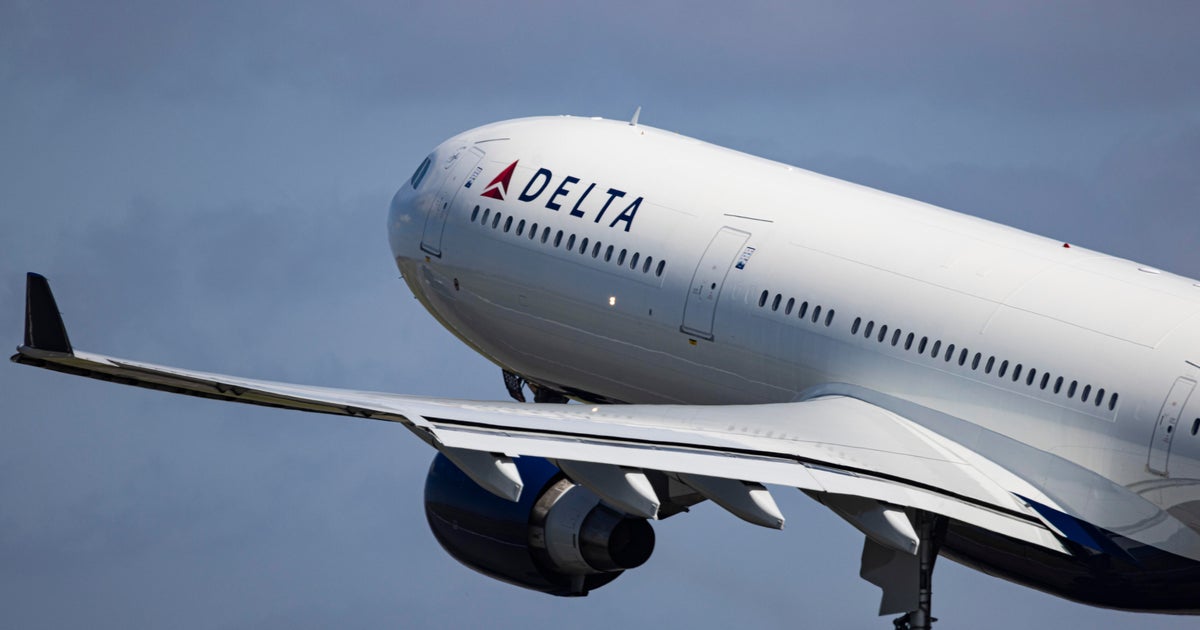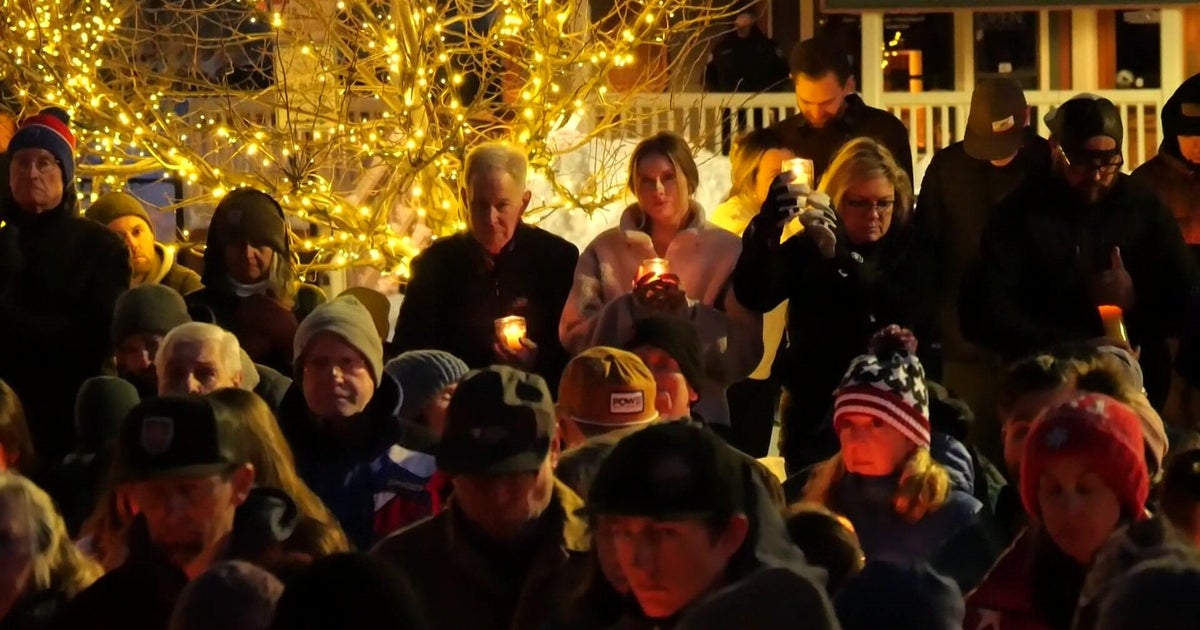Anti-Terror Summit In D.C. Focuses On Curbing Recruiting
MINNEAPOLIS (WCCO) – At this week's summit on countering violent extremism, President Barack Obama praised community efforts in the Twin Cities, Los Angeles and Boston.
The three metro areas are part of a one-year pilot program of community outreach, focused on keeping young people from being radicalized.
FBI Special Agent In Charge Rick Thornton said dozens of young people have left Minnesota to join terror groups, and those groups are still trying to recruit more.
The first American who died fighting for ISIS in Syria was Douglas McCain, a Minnesotan. The first American suicide bomber in Somalia was Shirwa Ahmed, also a Minnesotan.
"Al-Shabab has specifically targeted Minnesota's Somali community for recruitment," Thornton said, "encouraging our youth through videos and social media to either join the fight overseas or to conduct an attack in the United States."
Minnesota's U.S. Senators, Al Franken and Amy Klobuchar, along with Rep. Keith Ellison joined the discussion.
"In order to counter the violent extremist, you have to understand what the violent extremist is saying," Ellison said.
The terror groups reportedly lure recruits with promises of more opportunities and stronger connections than they have in Minnesota.
Hennepin County is home to the largest Somali immigrant population in the U.S. Minneapolis city council member Abdi Warsame said poverty and unemployment contribute to young people's feelings of hopelessness.
"Jobs are absolutely essential to improving the Somali American community's lives," Warsame said.
The summit also drew law enforcement leaders including Hennepin County Sheriff Rich Stanek, Minneapolis police chief Janee Harteau and St. Paul police chief Tom Smith.
"Minnesota's immigrant communities often come from areas where law enforcement is not widely trusted," Smith said. "It is up to us to build that partnership."
The pilot program has three main components: (1) more community engagement from local law enforcement; (2) addressing what they say are root causes of radicalization -- the need for more jobs and mentors; and (3) getting more members of the Somali-American community involved in spotting the warning signs.
Abdisalam Adam, an Imam from St. Paul, said many local community leaders are willing to help.
"We want to work with all Minnesotans to stop terror recruitment," Adam said, "while at the same time protect civil rights and liberties."
There are others, though, including the Council on American Islamic Relations, who are very suspicious of this program.
They're afraid that what's being called "community outreach" is actually just intelligence gathering.
But the president said Wednesday that won't be the case.

